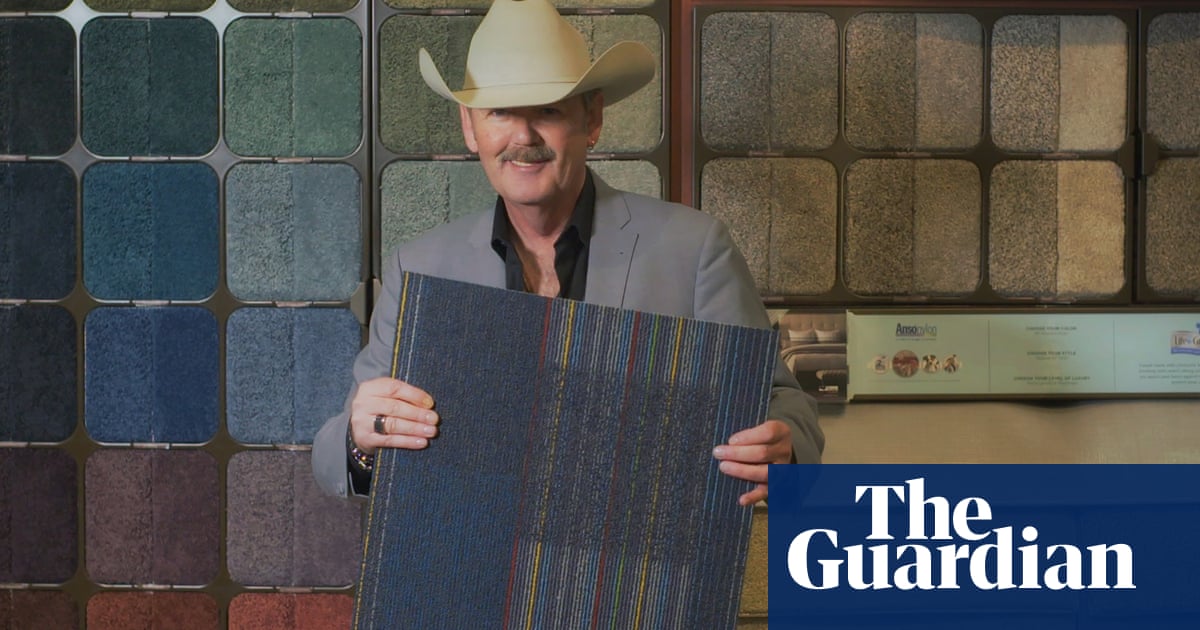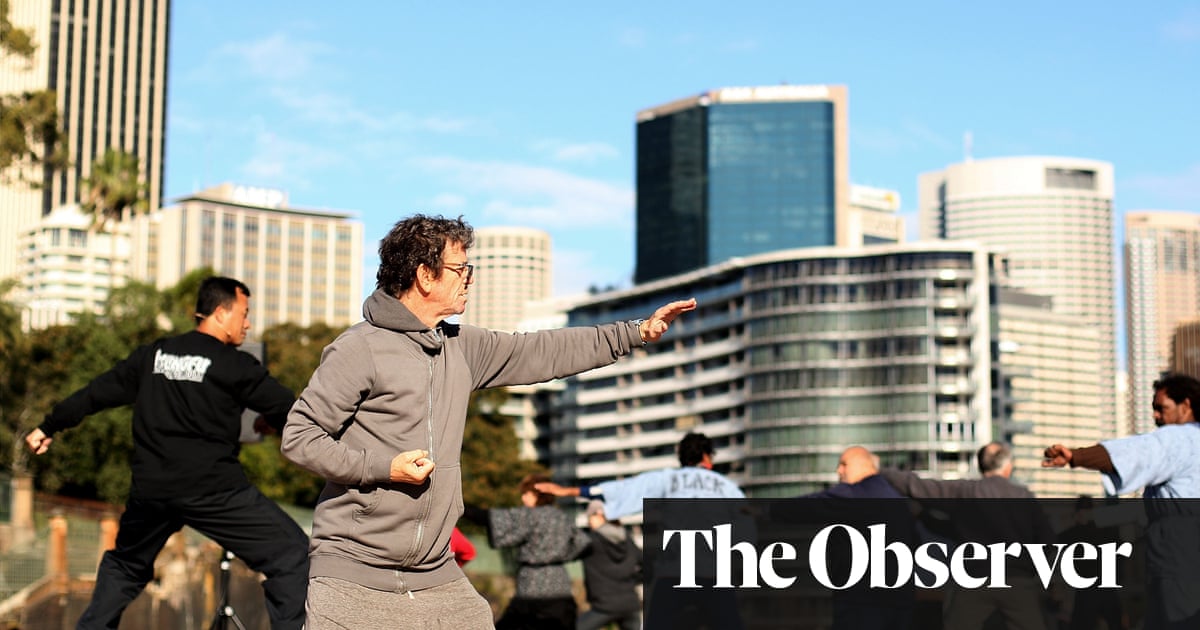
As its the gateway to the “real” Vietnam and its stunning natural beauty, golden coastlines, rural culture, great food and war history, most travellers rarely spend more than a day or two in HCM
Here in the ‘capitalist’ south, HCM’s abundance of glassy towers, business centres and wide boulevards lined with popular Western brands
LONDON: Forever ‘Saigon’ to many, Ho Chi Minh City (HCM) — named after the revolutionary socialist leader who united North and South Vietnam — curiously ‘feels’ like Vietnam’s capital city, but it isn’t. That would be Hanoi in the ‘socialist’ north.
Here in the ‘capitalist’ south, HCM’s abundance of glassy towers, business centres and wide boulevards lined with popular Western brands — absent in the north — represent modern Vietnam. There is another curious difference between the two cities. Whilst it is almost impossible to find a mosque or properly certified halal restaurant in Hanoi, HCM, home to nearly a tenth of Vietnam’s 65,000 or so Muslims, has a mosque in almost every district and plenty of halal food options.
As its the gateway to the “real” Vietnam and its stunning natural beauty, golden coastlines, rural culture, great food and war history, most travellers rarely spend more than a day or two in HCM. But the city has plenty to occupy you for that time.
For a start, you can immerse yourself in the hustle and bustle of a typical Vietnamese market inside the covered Binh Tay. Originally built by French colonialists in the 1880s, then rebuilt by Chinese philanthropist Quach Dam, it’s a delightful atmosphere in which to grab your morning coffee, maybe a souvenir or two, and dip into the apparent chaos of Vietnamese life.
No trip to Vietnam is complete without eating Pho; the delicious noodle soup made by cooking sliced thin strips of beef in boiling broth, topped with local green veg and garnished with a freshly squeezed lime. For Muslims, Nguyen An Ninh, a ‘halal’ street off the western edge of Binh Tay, is the place for Pho. Try Halal Osman Restaurant, Kempung Melayu and Restaurant Basirah, or if you’re really lucky you might stumble across one of the rare local halal Pho foodcarts. This street is also a great place to meet Vietnamese Muslims.
After your fill of Pho, take a short walk northeast towards the River Saigon and listen out for the dhur adhan emanating from four ornate minarets. Saigon Central Mosque was built in 1935 by South Indians on the site of an older mosque and is a colourful mix of bright lime-green and pink on whites and blues. Perform your wudu in the large pool, before stepping in to join the small congregation.
From the mosque, you can head directly north for 20 minutes to the city’s botanical gardens — a colonial legacy of wonderfully lush and exotic greenery, and the perfect place for an afternoon stroll with the family. If you have children, there is also an onsite zoo with an impressive variety of animals, including African rhinos and Madagascar lemurs — though their living conditions need improving. A visit here is also easily combined with the History Museum, which is literally next door and the best place in which to learn about Vietnam’s cultural evolution. Their exhibits include artifacts from the period of the Champa — the only local rulers to embrace Islam.
We’d recommend ending your day by following the river back south to The Bitexco Financial Tower, which shoots 262 meters into the sky with a round ‘tambourine’ 48 floors up — the impressive ‘Skydeck’, offering the finest views across the city, particularly at sunset. Jumping into the vertigo-inducing lift and heading to floor 48 is the best way to end your time in HCM.












